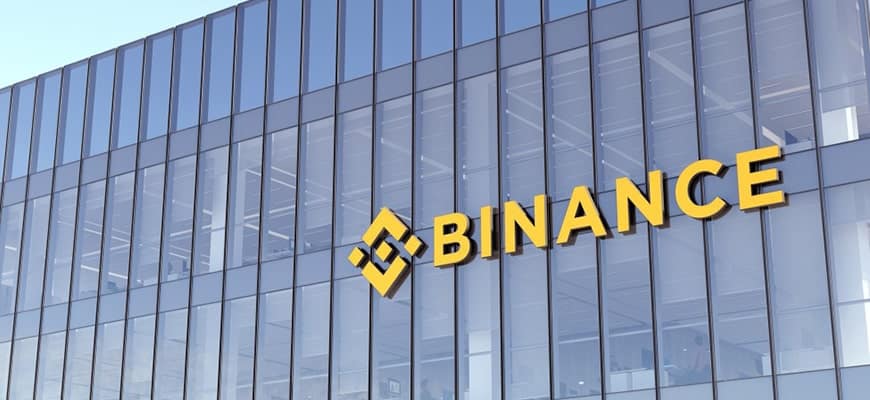Escrow is a special financial instrument by which assets or cash are held with a third party while the buyer and seller complete a transaction.
What is escrow?
Escrow accounts are used when there is uncertainty as to whether a particular party will be able to complete a transaction. For years such accounts have been used in real estate transactions. The funds are held by a third party until the legal completion of the house, at which point the seller receives the cash and the buyer receives the house.
Escrow accounts are also used in banking, intellectual property transactions, mergers and acquisitions and, increasingly in the last decade, in cryptocurrency transactions. In 2018, according to CipherTrace, $4.5 billion in cryptocurrency was lost as a result of hacks and other fraudulent activity.
The main advantage of blockchain is the security of its distributed ledger. However, like any security system, it can be affected by hackers, human error and greedy investors who take orders they cannot fulfill.
Escrow companies are trusted by third parties who temporarily hold and regulate payments in the transaction, making sure that the buyer and seller comply with the terms of the agreement. Commissions from these companies range from 1 to 2 percent and can be charged to the buyer, the seller, or both parties to the transaction. Some of these firms are regulated by national regulators and funds deposited with them may be subject to consumer compensation schemes, such as the Federal Deposit Insurance Corporation in the United States.








